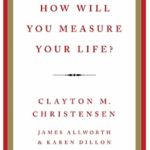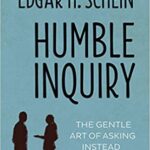“Each day awaits you to give it life.”
—Author Unknown
Today’s quote comes from a recent post from https://www.chabad.org/ on the idea of “living time.”
It mentions the ideas of “wasting time” or even “killing time,” which it refutes.
It suggests that time does not belong to us and we can’t waste it.
It further has us consider that time doesn’t have a life of its own that we can take away.
It does, however, emphasis that time awaits us to give it life.
EXERCISE:
In what ways do you intend to give life to the time that awaits you today?














